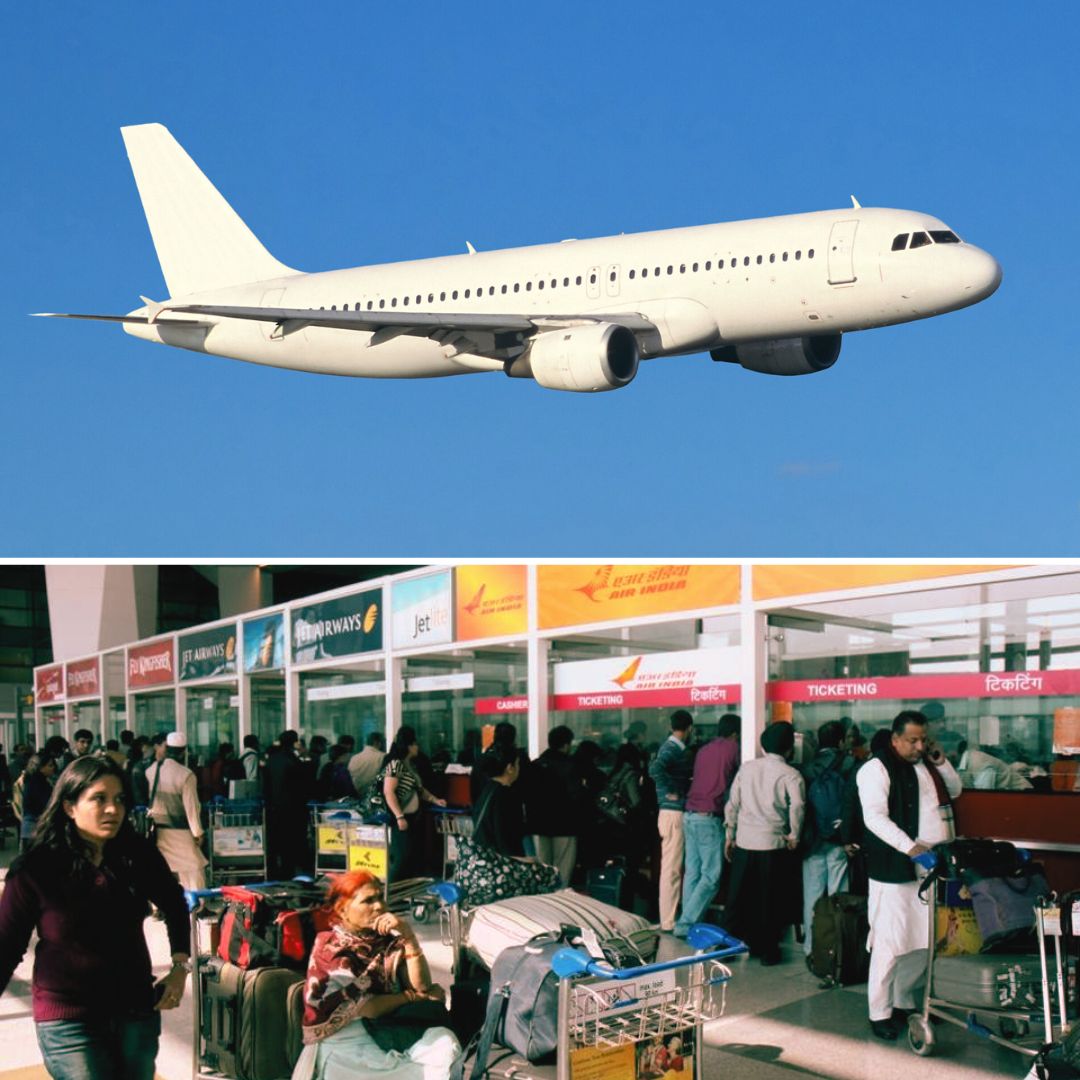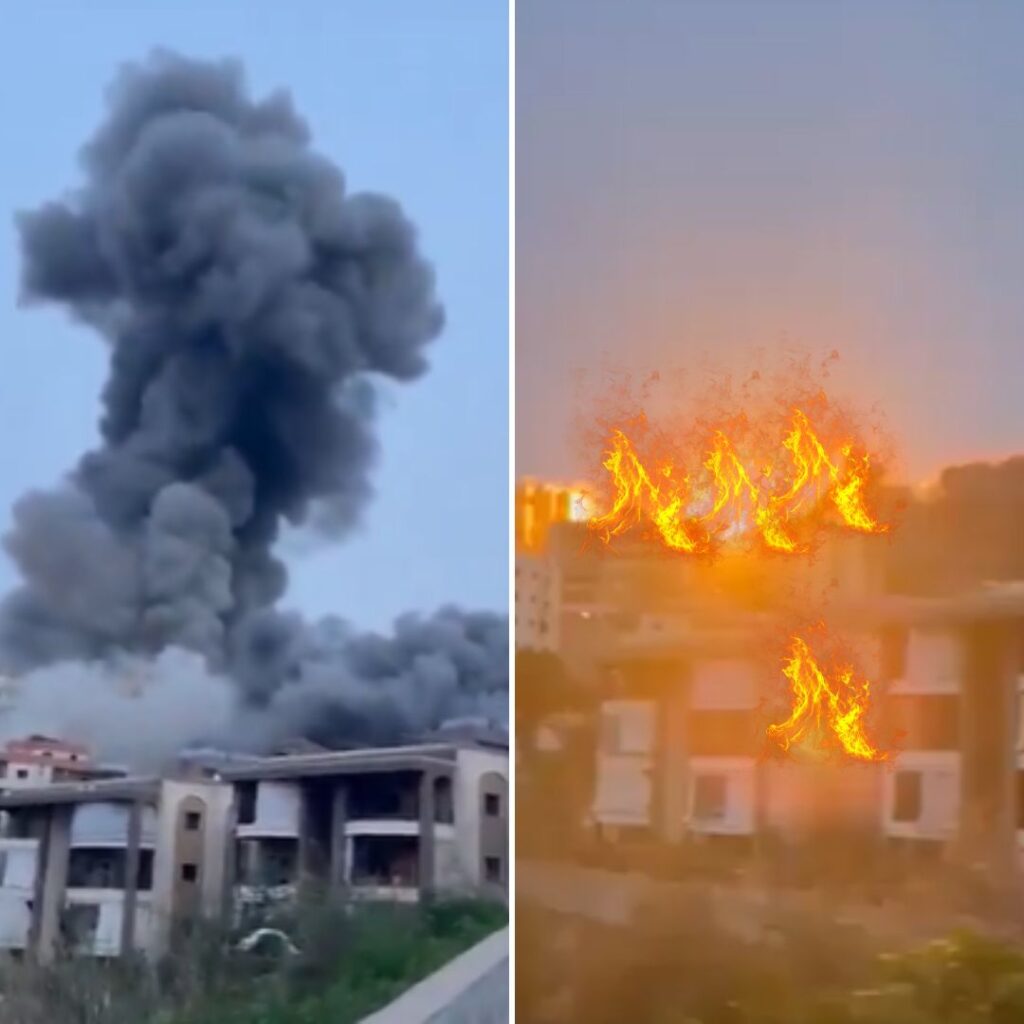India has temporarily closed 27 airports in sensitive northern and western regions until at least May 10, 2025, after a sudden escalation in tensions with Pakistan and recent cross-border attacks. The Bureau of Civil Aviation Security (BCAS) has issued a sweeping advisory, instructing all airports and airlines nationwide to tighten security and enhance passenger screening.
Over 400+ flights have been cancelled or rescheduled, and airlines are urging travellers to arrive at least three hours before departure. The government has clarified that only specific airports are affected, not the entire country’s airspace, and is urging the public to verify flight status before travelling.
Full List of Closed Airports and Official Advisory
The following 27 airports have been closed for commercial operations as a precautionary measure:
- Srinagar
- Jammu
- Leh
- Chandigarh
- Amritsar
- Ludhiana
- Patiala
- Bathinda
- Halwara
- Pathankot
- Bhuntar
- Shimla
- Gaggal (Kangra)
- Dharamshala
- Kishangarh
- Jaisalmer
- Jodhpur
- Bikaner
- Mundra
- Jamnagar
- Rajkot (Hirasar)
- Porbandar
- Kandla
- Keshod
- Bhuj
- Gwalior
- Hindon (Ghaziabad)
The BCAS advisory includes the following key measures:
- Enhanced Security Checks: All passengers must undergo Secondary Ladder Point Checks (SLPC) at all airports, regardless of location.
- Restricted Terminal Access: Entry for non-travellers (visitors) into terminal buildings is strictly banned until further notice.
- Deployment of Air Marshals: Air Marshals have been stationed at major airports to bolster security.
- Early Arrival Required: Airlines have advised all passengers to reach airports at least three hours prior to scheduled departure to accommodate the enhanced security procedures.
- Check-in Deadlines: Check-in counters will close 75 minutes before departure for all domestic and international flights.
- Flexible Ticketing: Airlines are offering waivers on change and cancellation fees for flights affected by closures or delays.
- Flight Status: Passengers are strongly urged to check their flight status with airlines before leaving for the airport.
Air India, IndiGo, and other carriers have issued public statements and are actively assisting passengers with rebooking and refunds. “Due to the current security environment and BCAS directives, we request all passengers to cooperate with security staff and arrive well in advance,” said a spokesperson for Air India.

Background: Security Escalation and Community Impact
The airport closures and heightened security come in response to a series of violent incidents along the India-Pakistan border, including a major terrorist attack in Pahalgam, Jammu & Kashmir, on April 22, which resulted in multiple casualties.
In retaliation, India launched ‘Operation Sindoor’, targeting terror infrastructure in Pakistan and Pakistan-occupied Kashmir. Pakistan responded with drone and missile attacks on Indian cities, which were largely intercepted by Indian defence systems. These developments led to the government’s decision to issue a Notice to Airmen (NOTAM) and suspend civil operations at 27 airports, affecting both domestic and international travel.
The ripple effect has been significant. Over 3% of India’s scheduled flights and 17% of daily flights by Pakistani carriers have been cancelled or rerouted. States such as Punjab, Rajasthan, and Jammu & Kashmir have closed schools, imposed curfews in sensitive areas, and increased police presence.
Emergency protocols have been activated, and government employees’ leave has been suspended in several districts. Authorities are also working to counter misinformation, emphasising that the entire country’s airspace remains open except for the affected airports.


The Logical Indian’s Perspective
The Logical Indian recognises that these unprecedented closures and stringent security measures have disrupted the lives of thousands of travellers and their families. However, we believe that prioritising public safety and national security is paramount during such volatile times.
We commend the patience and cooperation shown by passengers, the dedication of airline and airport staff, and the vigilance of security personnel. It is equally important to remain calm, avoid spreading rumours, and support those stranded or inconvenienced by these disruptions.
In moments of crisis, empathy, dialogue, and collective resilience are our greatest strengths. How can we, as a society, extend support to those affected and foster unity and understanding in the face of adversity? Share your thoughts and experiences below to help build a more compassionate and resilient community.














